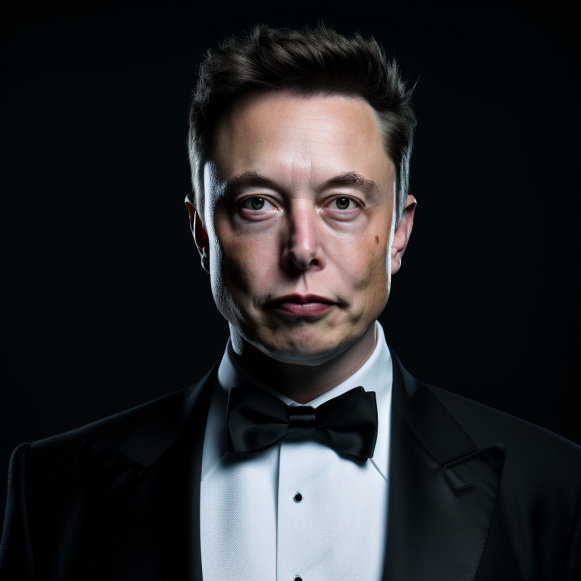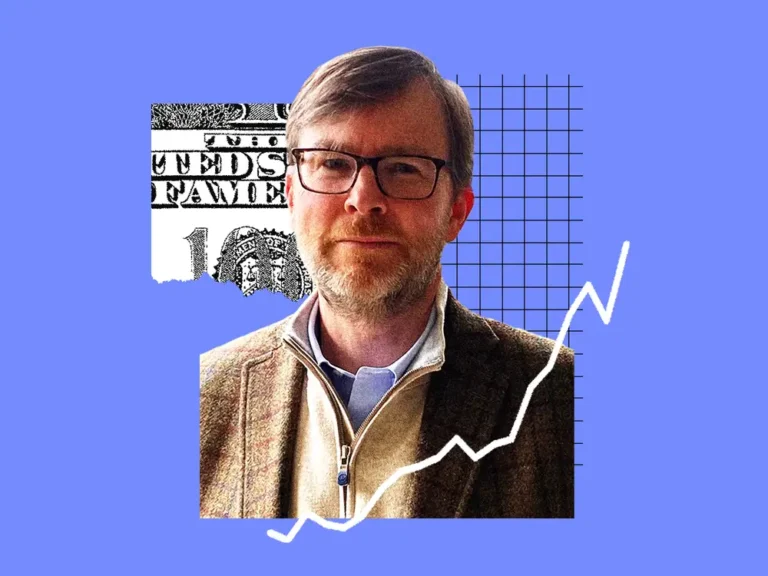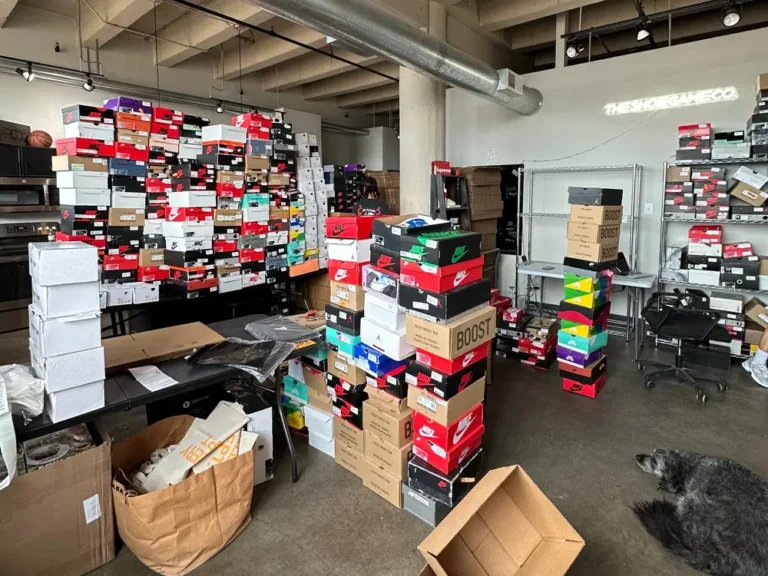Most of the world’s biggest advertisers have stopped buying ads on Elon Musk’s X, exclusive new data shows

- Data from marketing consultancy Ebiquity suggests most big advertisers have stopped spending on X.
- Ebiquity works with 70 of the top 100 advertisers. Just 2 of those advertised on X last month.
- X CEO Linda Yaccarino and Elon Musk recently stated that 90% of its big advertisers had returned.
According to new data provided exclusively to Insider by the marketing consultancy Ebiquity, the vast majority of the world’s largest advertisers have stopped advertising on X following Elon Musk’s acquisition of the company.
According to media research firm COMvergence, Ebiquity works with 70 of the top 100 top-spending advertisers, but only two of its clients purchased ads on X last month. This was a decrease from 31 brands in September of last year, prior to Musk’s takeover of Twitter in October of that year. According to the data, the number of Ebiquity clients advertising on X has steadily declined since then.
Ebiquity did not identify the advertisers. According to recent financial filings, Ebiquity’s clients include Google, Walmart, Vodafone, and General Motors. The X data came from the company’s digital media solutions unit, which collects digital media investment data from agencies and platforms.
“This is a drop we have not seen before for any major advertising platform,” said Ruben Schreurs, chief strategy officer at Ebiquity.
According to Ebiquity, its analysis appears to contradict statements made by X CEO Linda Yaccarino last month, who stated that “90% of the top 100 advertisers have returned to X in the last twelve weeks alone.” In the same interview, she mentioned Visa, Nissan, and AT&T as some of the “1,500” companies that had resumed spending on X.
An X spokesman clarified that the 90% figure referred to the previous year’s top 100 spenders, and declined to publicly comment on Ebiquity’s findings.
Bloomberg previously reported, citing data from the analytics firm Sensor Tower, that Twitter’s largest clients have typically been among the highest-spending global advertisers, including Amazon, Unilever, Coca-Cola, and IBM.
Musk stated in April that “almost all” of its advertisers had returned or had stated that they would do so. He stated last month that X’s US advertising revenue was down 60%, but he did not provide a timeframe.
“The recent claims by X’s leadership about the mass return of top advertisers buying ads on their platform have puzzled us,” said Ebiquity’s Schreurs, adding that the consultancy’s work with clients and discussions with advertiser trade body groups had not provided any indications that big advertisers were returning to X.
“Serious concerns about the trustworthiness of public statements made by Musk and Yaccarino,” Schreurs said, based on Ebiquity’s analysis.
Over the last year, a number of advertisers have stopped or drastically reduced their spending on X, citing concerns about the content it hosts and the overall dependability and effectiveness of its ad platform.
According to a separate study conducted by the advertising analytics firm Guideline, X’s US ad revenue has dropped by 55% or more each month since Musk’s takeover. A Sensor Tower data review conducted by the progressive watchdog group Media Matters discovered that while some advertisers had technically returned to purchasing ads on X, they were doing so at a fraction of their previous spend. According to Sensor Tower data, Visa spent $10 in the 12 weeks ending October 6, compared to $77,500 in the same period last year.
“We would welcome an official follow-up with supporting data in a time where trust and transparency are of critical importance,” Schreurs said.






